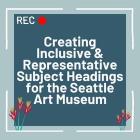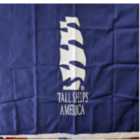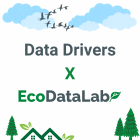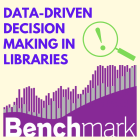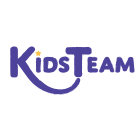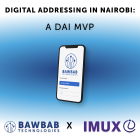
COVID67
Low-income populations often have limited access to COVID-19 testing opportunities. This inspired Virufy, a non-profit organization, to develop a mobile-based solution that utilizes an artificial intelligence (AI) model to rapidly diagnose COVID-19 through a cough recording. To properly train this model, Virufy needs a large database of annotated cough recordings; however, the current method of annotating data is outdated and disorganized. To streamline their annotating process, we developed a web-based audio-annotating tool that heavily utilizes the open-source library Label Studio, which will enable the crowdsourcing of audio annotations on the cough samples and support Virufy in improving their AI model.

